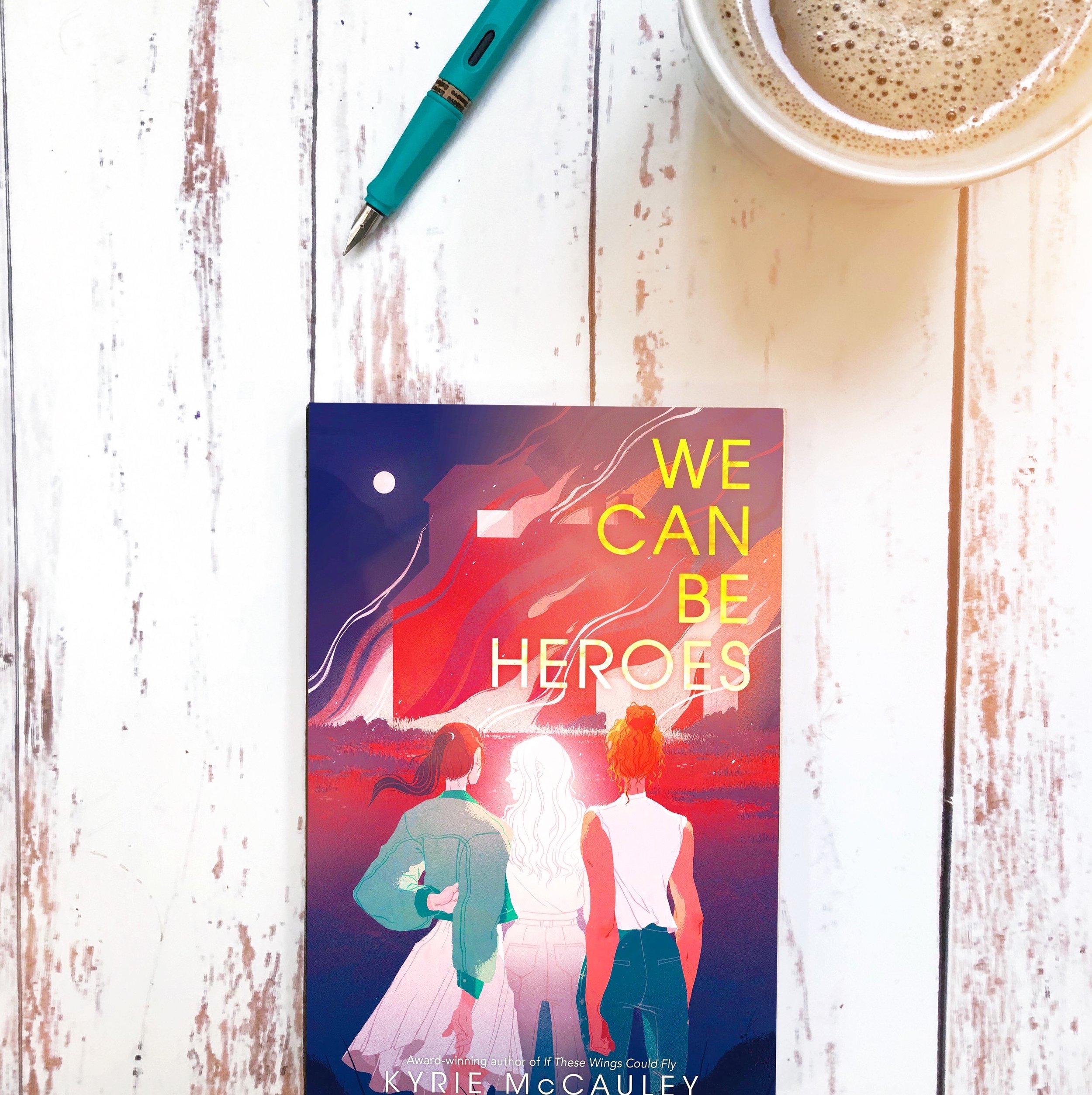New Books: Worlds of Ink and Shadow
“Papa was very wise when he called my writing a childish habit, and I think he understands that, for me, its a dangerous one as well.”
Here’s the thing you should know about me: I cannot resist historical fiction. I eat it up. I cannot get enough. Honestly, I still credit much of my knowledge of actual history to reading Sunfire romances in middle school. (Caroline was my favorite.) Also, like a big chunk of the literary world, I am a little obsessed with the Bronte sisters. (Working on the Charlotte Bronte reading list for our spring issue was definitely one of the highlights of my year so far.) I tell you this so that you will know how sincere I am when I tell you that I wanted to love this book, which is historical fiction about the Bronte family. Sadly, for me, it didn’t quite do it—but if you haven’t spent as many years obsessing over the Brontes as I have, you might like it more.
Because, really, we know a lot about the Brontes. We know that their prim, parsimonious father was suspicious of their creative drives. We know that they grew up, poor and obscure, in far-from-London Yorkshire. We know that Charlotte was plain and passionate, and that Branwell was troubled and tempted by easy comforts. We know that Emily was a romantic drawn to the wildness of the moors, and that Anne was sensible. We know that the most lived parts of their lives were in their literary works. And we don’t really learn much else about the Brontes in the course of this book.
I liked the idea of Worlds of Ink and Shadow, which is that the imaginary worlds created by Charlotte, Emily, Anne, and Branwell become real. In their created worlds, the young Brontes are like gods, controlling the actions of their characters while lurking in disguise on the sidelines. (And in their imaginary worlds, you can see hints of great Bronte characters, like Jane Eyre’s Rochester and Wuthering Heights’ Heathcliff, begin to emerge.) But the pull of the imagined worlds is too strong, and the siblings begin to lose their hold on reality and to realize that the price they must pay for their vivid imaginations may be too high.
But the story falls flat—perhaps because Coakley’s Brontes feel like rough sketches of what most of us already know—there’s nothing revelatory or surprising about the internal lives of the four siblings. Even the mystery of how their imaginations come so vividly to life falls flat, trading a superstitious deus ex machina for a more nuanced examination of the cost of an authentically creative life. Some parts—the ever-present ghosts of their dead sisters, the angry criticism of their father, the hints of the Brontes’ novels-to-come—are well drawn. But in the end, I closed the book, unsatisfied.
I wanted to love this book and I didn’t—but it’s worth a spot on your YA library list to see if you feel the same way.













AMY SHARONY is the founder and editor-in-chief of home | school | life magazine. She's a pretty nice person until someone starts pluralizing things with apostrophes, but then all bets are off.